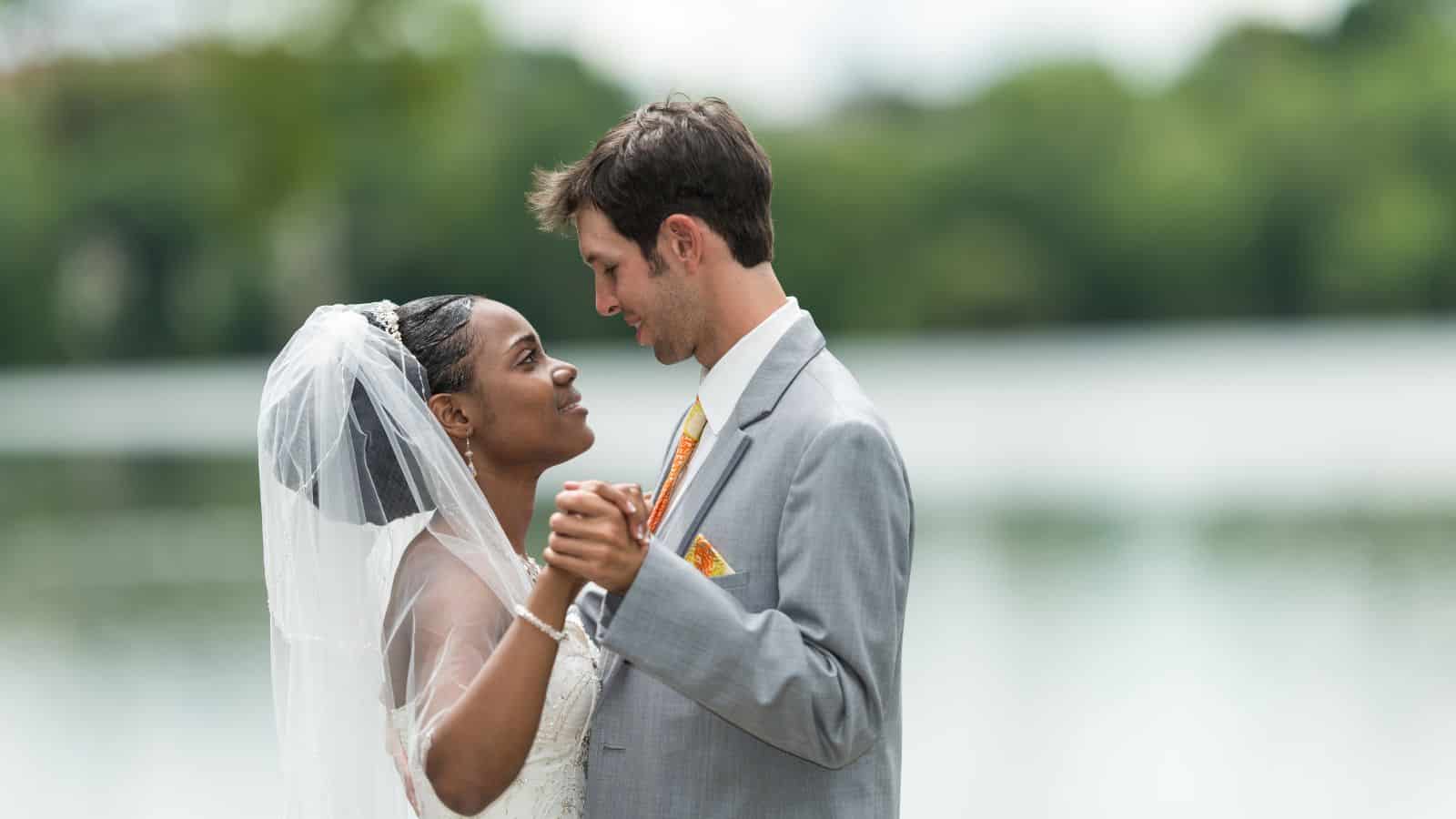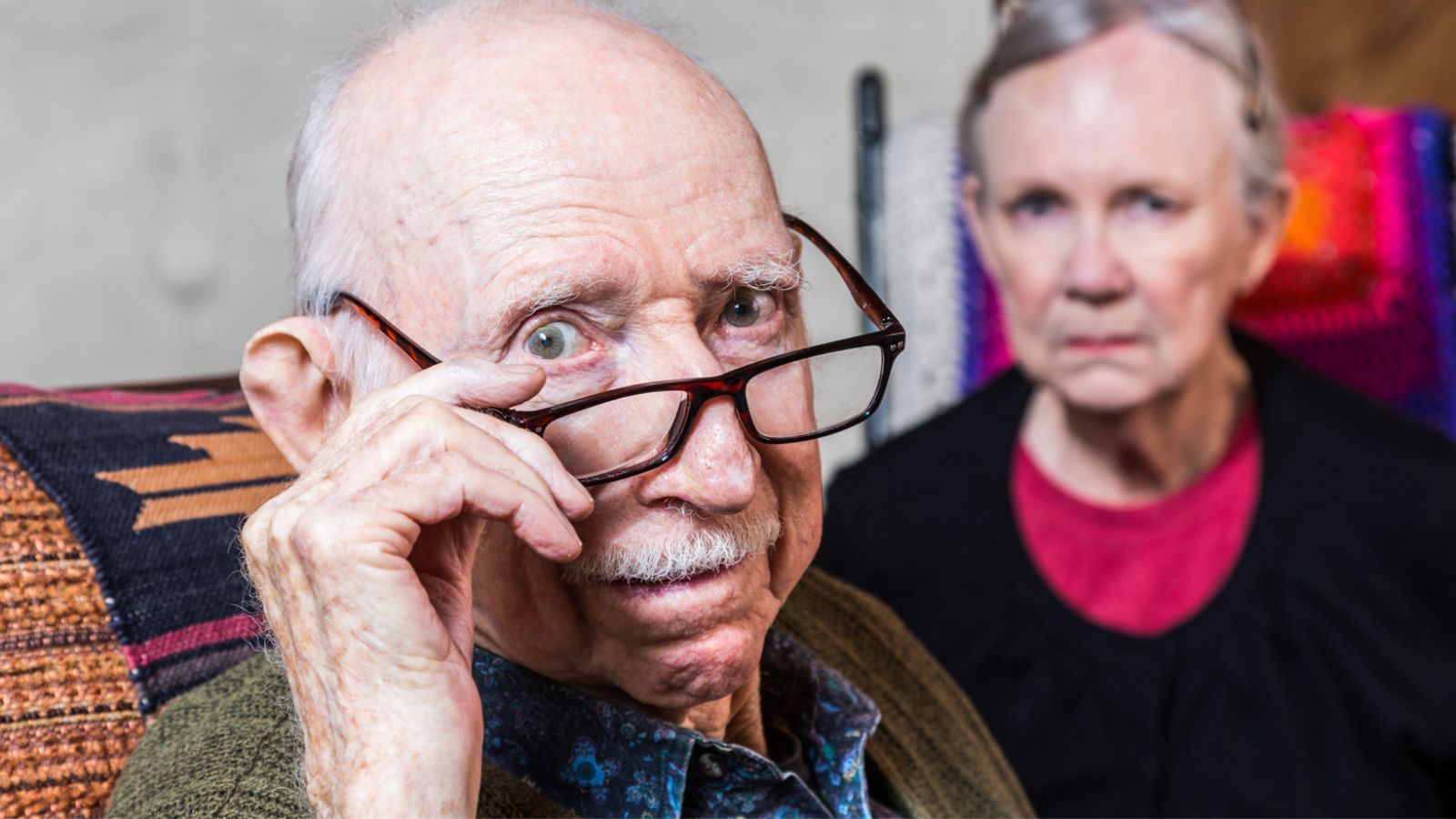Marriage is still the same legal (and, for some, religious) bond that it always was, at least on paper. However, younger generations aren’t as keen on tying the knot as their parents were. While the reasons for this vary and are unique to each person, there are a few factors that explain this current trend. Here are 20 reasons why marriage isn’t as popular as it once was.
Shifting Views

Society is gradually moving towards more progressive relationships, with marriage being seen more as an option than a necessity or essential goal. Deseret News writes, “Compared to other groups, more young adults view marriage as old-fashioned and out-of-date.” Things like having children and living together are now totally acceptable outside of marriage.
Increased Individuality

Millennials prioritize personal growth and non-romantic life goals (like travel and career progression) more than older generations. This focus on oneself as an individual reduces the need to become part of a couple to feel valued or important. This has made marriage less appealing or relevant to some young people, especially those with a strong sense of self.
Later Marriages

There has been a significant increase in the average age of both men and women in the U.S. when they first get married. In the 1970s, the average age was in the low 20s, and now it is in the late 20s. This difference reduces the likelihood of impulsive or ill-advised marriages and gives people more time to consider whether they want to be married at all!
Wedding Costs

The cost of getting married has dramatically increased over the past 100 years, even if you take inflation into account. Wed Society claims that an average 1920s wedding cost $400 (equivalent to $5,000) and that they were still elaborate and well-planned. In contrast, modern weddings in the U.S. are over $35,000 on average. This cost can put many couples off.
Evolving Gender Roles

Traditional gender roles are now blurring as our society progresses beyond pigeonholing men and women into old-fashioned expectations. Women are increasingly pursuing higher education and careers, and men are taking on a more active role in childcare and household chores. This shift makes marriage seem less necessary, and modern couples may even consider it archaic.
Rise of Cohabitation

Living together without marriage has become increasingly common for modern couples, both male/female and same-sex partnerships. Cohabitation allows couples to have the benefits of a committed relationship without the legal constraints and social pressures of marriage. Living together can, on its own, fulfill both partners’ needs for companionship and intimacy.
Declining Reputation

There is a general social acceptance of marriage as restrictive and boring, with married couples and husband/wife characters regularly portrayed in the media as being tired of their spouses and married life. This negative reputation can make young and/or passionate people avoid matrimony, hoping to keep their lives exciting and varied.
Focus on Career Ambitions

Career advancement and professional success are far more highly valued in modern society than they were in days past, particularly for women. This societal change has made many individuals prioritize their careers over finding a partner or starting a family. Long work hours and demanding schedules can leave little time or energy to focus on a committed relationship.
Divorce Rates

Divorce is no longer viewed with the same stigma it once was, and, according to Statista, the divorce rate among married women has more than doubled from 1960 to 2020. This can make marriage seem less permanent and more pointless, even to those who have never married. Many young people feel disillusioned and hesitant about marriage due to rising divorce rates.
Fear of Commitment

Our modern lifestyles frequently prioritize instant gratification and disposable relationships, with impatience and constant change becoming more and more common. This can make young people hesitant about committing to a long-term legal partnership, perhaps fearing they might get bored with the person or miss out on other experiences or relationships in the future.
Prioritizing Independence

Modern society focuses more on independence and self-reliance than in the more traditional 1960s and 1970s. Individuals may want to retain full control over their own lives and wish to remain unbound by the legal constraints of marriage, not to mention the emotional responsibility. Concerns about losing their identity or freedom can make marriage seriously off-putting.
Lack of Relationship Skills

Open communication, conflict resolution skills, and emotional intelligence are essential for navigating the complexities of marriage. However, many individuals may not have received adequate guidance or developed these skills, making them feel unprepared for the challenges of a long-term commitment.
Rise of Online Dating

Online dating apps and services should potentially increase the number of marriages by making it easier for single people to connect with others who share their personality, lifestyle, and commitment style. Yet online dating is actually making relationships more disposable. Swiping left or right on potential partners can lead to a ‘plenty more fish in the sea’ mentality.
Pressure for Perfection

Although most couples want the ‘perfect wedding,’ the rise of social media has given some users unrealistic expectations for marriage in general. Dalhousie University claims that this desire for perfection can start with the engagement party and continue to the wedding day and beyond. Couples facing such impossibly high standards (however warped) may consider avoiding marriage altogether!
Busy Lifestyles

There’s no doubt that modern life is increasingly demanding, with work, social, family, and other commitments all vying for our time and energy. Some young people are so focused on juggling such things that they don’t have time for romantic relationships, let alone a marriage. Existing couples can be dissuaded from making further commitments if they already struggle to find time for one another.
Changing Family Dynamics

The traditional nuclear family structure is no longer the norm, with blended families and children from previous relationships becoming more and more common. This is a positive change, as it increases overall happiness for many, yet it can make people hesitate about marriage because the complexities of such arrangements are harder to navigate when legal commitments exist.
Increased Acceptance of Singlehood

Harsh labels like ‘spinster’ and ‘old maid’ no longer have the power they once had, and living a life without a wife/husband or children is becoming more socially acceptable, even enviable. The stigma attached to singlehood in the past has significantly diluted, especially for women, and society is more accepting of individuals who have other life goals besides marriage.
Focus on Mental Health

Happily, open conversations about mental health are now far more common, and the acceptance of unhappy relationships for the sake of marriage vows is becoming a thing of the past. Individuals are more likely to prioritize their mental well-being and avoid ill-advisable nuptials, and they may even delay marriage to focus on issues like depression, anxiety, or addiction.
Desire for Non-Traditional Partnerships

Modern societies aren’t like those of the 1960s and 1970s, and not everyone subscribes to the traditional marriage ‘model.’ Some people desire alternative partnership types, such as civil unions and same-sex or domestic partnerships, that offer commitment and recognition without the old-fashioned and religious associations of traditional marriage.
Geographic Mobility

Years ago, finding a partner meant looking close to home, and the choice was often limited! In small villages with limited travel options, singles were often forced to settle for whoever was available as a prospective spouse. Now, individuals can be (and are) far more discerning. They often wait until they leave their hometown before finding a life partner, delaying or avoiding marriage until they find ‘the one.’
Up Next: 17 Phrases Older People Use That No One Else Gets

Each and every generation has its own phrases and sayings that separate it from the rest, and the boomers certainly have plenty. Discover 17 popular boomer phrases that aren’t often used today and what they mean. Maybe you’ll want to bring some of them back!
17 Phrases Older People Use That No One Else Gets
People Who Don’t Show Empathy Usually Have These 18 Traits

The world would be a better place if everyone had a little more empathy. But sadly, in reality, some people show much less empathy than we’d like. Here are 18 traits of people who don’t show empathy.
People Who Don’t Show Empathy Usually Have These 18 Traits
The 17 Unhappiest States in America

The US has hit an all-time low position in the World Happiness Index, tumbling to 23rd in 2024. However, it’s important to remember that location is an important factor; many US states are very happy, unlike the following 17 US states that appear to be the most unhappy.
